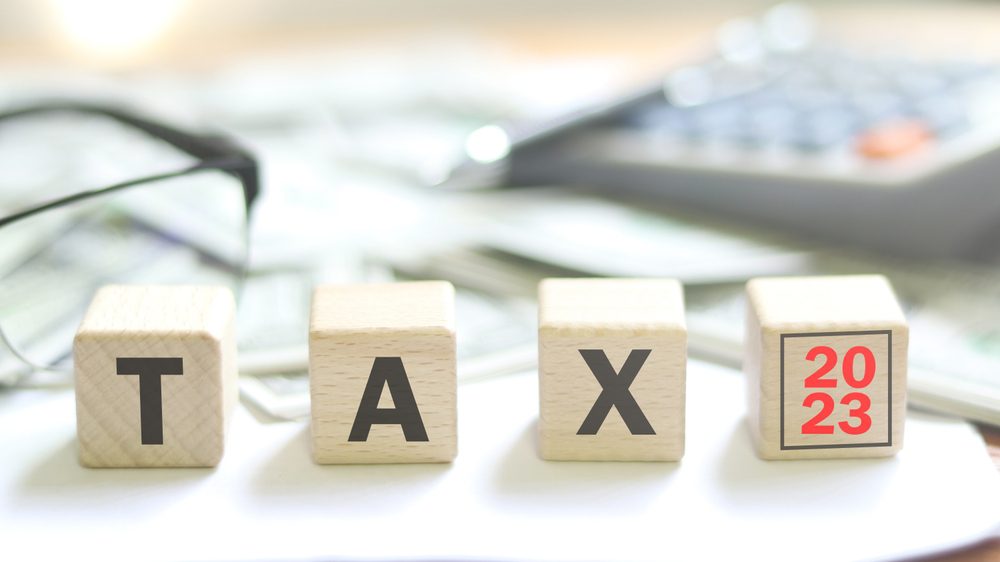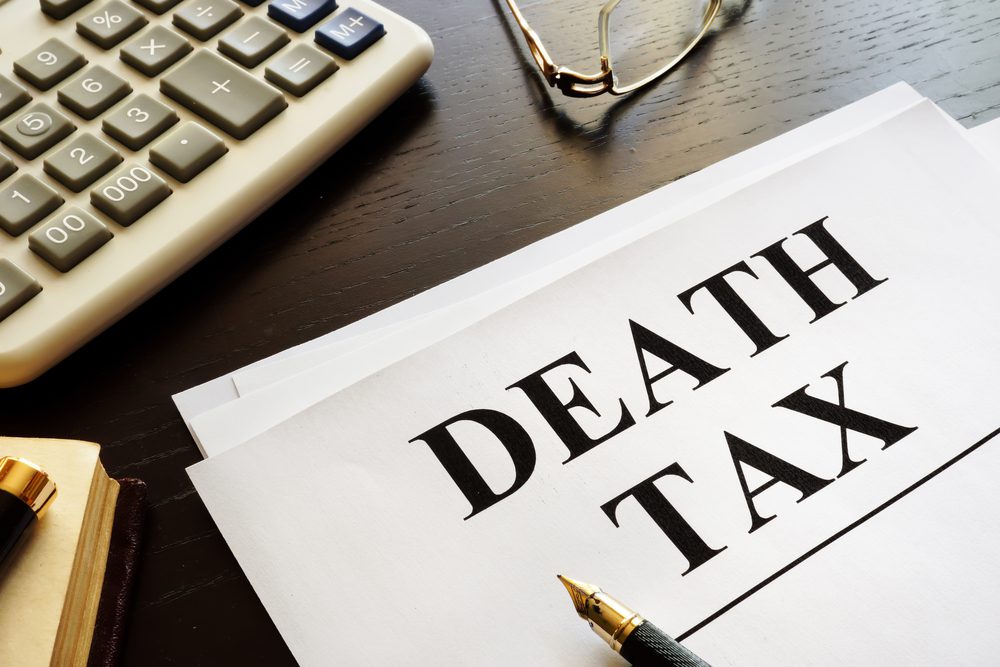Vice President Kamala Harris revealed some of her ambitious proposals as part of a future economic plan that would be set in action if she wins the elections this year. The proposals’ range is wide, from cutting taxes and boosting housing construction all the way to a federal ban on grocery price gouging.
Moreover, Harris’s campaign declared that the proposals mark only a small part of her entire economic plan, and will be soon seen as a priority for her first 100 days in office if she gets elected. Here are some of the most important highlights from the batch, along with a couple of other notable vows the vice president has made on her campaign trail.

Boosting the child tax credit
Harris has a plan that would imply beefing up the Child Tax Credit (CTC) and provide no less than a $6,000 tax cut to families with newborn children, as Democrats sought to draw a certain contrast between Republicans’s perspective in the most recent weeks.
The plan would also allow for “$6,000 in total tax relief for middle-income and low-income families” that would apply in the first year of a child’s life, according to a campaign fact sheet. Moreover, it calls for the restoration of an expansion to the CTC, which was also passed as part of a huge coronavirus relief package in 2021, under the name of American Rescue Plan, pressing for a $3,600 per child tax credit for some targeted families.
The plan comes right after the Senate Republicans blocked a bill earlier this month, focused on raising the CTC amid concerns over the work requirements for recipients. The plan also called for expanding the Earned Income Tax Credit to cover those citizens with lower-income jobs who aren’t raising any children.
‘Price gouging’ ban
The plan also calls for what it described as the “first-ever federal ban on price gouging on food or groceries”, even if it doesn’t get into too many details as to how they plan to carry the proposal out. However, we do know that it will be part of a larger effort aimed at lowering grocery costs and tackling inflation.
The plan also implies setting a series of rules to make sure that corporations “won’t unfairly exploit consumers to run up excessive profits on food or groceries”, as polls pointed out that inflation is still a top-of-mind issue for voters in the months leading up to the November presidential election.
Besides, the plan calls for “new authority” for the Federal Trade Commission (FTC) and state attorneys general to further investigate and impose new penalties (if needed) on all companies that plan to break these rules.
Expanding affordable housing
Harris has a plan: to push for the construction of 3 million new housing units over the next four years, along with what she calls the “first-ever” tax incentive for building started homes for first-time homebuyers.
This plan would focus on the expansion of an existing tax credit for businesses that specialize in building affordable rental housing, as well as a $40 billion federal fund to enhance construction. But there’s more: it also details a proposal to make some “federal lands eligible to be repurposed” for new and affordable housing developments.
The plan also focuses on the passage of the Stop Predatory Investing Act, which is used to counter rising home prices by targeting tax breaks for investors who buy 50 or more single-family rentals, apart from Preventing the Algorithmic Facilitation of Rental Housing Cartels Act, which would automatically give the FTC more power to crack down on rent price coordination among property managers and landlords.
Helping first-time homebuyers
Another plan Harris suggests builds upon a previous one that goes all the way back to the Biden administration, which sought to provide first-generation homebuyers with $25,000 in down-payment assistance, with a tax credit for first-time homebuyers.
Congressional Democrats previously sought to pass very similar legislation as part of President Biden’s sweeping Build Back Better agenda towards the start of his presidency, even if larger efforts fell completely apart as the party struggled to keep united amid increasing concerns from moderates over the size and cost of the plan.
Harris’s campaign even declared in one of their fact sheets that the vice president’s plan wants to “simplify and expand” the Biden plan “by finding ways to provide on average $25,000 for all eligible first-time home buyers, while also ensuring full participation by first-generation home buyers” and even more support for first-generation homeowners.

Limiting taxes on tips
Harris also expressed her support for ending taxes on tips for both service and hospitality workers, catching some Democrats off guard after former President Donald Trump pitched a rather similar plan earlier this summer.
The moment came right after a Saturday rally in Las Vegas, where she also vowed to work to raise the minimum wage. “I promise that when I will be president we will keep fighting for working families, including raising the minimum wage and eliminating taxes on tips for service and hospitality workers,” Harris stated at the rally.
The Committee for a Responsible Federal Budget estimated this week that exempting tip income from federal income but also increasing the minimum wage might add between $100 billion and $200 billion to the nation’s deficit in a 10-year window.
Recap
Vice President and Democratic presidential nominee Kamala Harris released a series of details of elements in her upcoming economic plan. Among some items, Harris also proposed plenty of new tax incentives and preferences, such as the following ones:
- a tax incentive for builders of homes sold to first time homebuyers;
- an expansion of existing tax incentives for builders of affordable rental housing;
- a tax credit for first time homebuyers;
- a restoration of the American Rescue Plan Act version of the child tax credit (CTC) providing as much as $3,600 per child;
- a new expansion of the CTC providing a $6,000 tax credit for kids in the first year of their life;
- a $1,500 expansion of the earned income tax credit available to lower-income individuals;
- a tax cut for Affordable Care Act premiums.
However, it’s worth noting that the plan doesn’t include specifics on whether the revenue of these costs would be automatically offset, even if it does show that Harris might ask “the wealthiest Americans and largest corporations to pay their fair share” and that the plan will automatically reduce this deficit.
Other observations
It’s also worth noting, with regard to President Biden’s oft-stated pledge not to increase taxes on those who make less than $400,000, “Vice President Harris is fully committed to make sure that no one earns less than $400,000 a year and pay more in new taxes.”
This pledge would imply that for the $4 trillion of “tax cliff” items scheduled to expire sometime at the end of 2025, Harris would appear fully committed to extending such tax cuts for individuals who make $400,000 or less.
However, it is worth noting that the use of the word “new” would raise some kind of uncertainty as to how the pledge is supposed to work. Harris doesn’t mention the official tax plan of the Biden-Harris Administration, also known as the Green Book.
She vows to raise taxes on larger corporations and the wealthy, but she’s also consistent with many of the proposals that are already included in the current Administration’s plan.
If you found this article useful, we also recommend checking: Trump Licensed These 8 Products… for Real










She’s a idiot
She’s a socialist, commie.
Hyena Harris is to stupid to be a bathroom attendant, let alone be in charge of anything, especially the President of the United States. Her ideas would just put America trillions of dollars in debt. Punishing the rich for be innovative and intelligent shows a complete lack of intelligence. If the rich have less money, that means they have less to pay their employees. She and the left are trying to destroy America. I bet she won’t be losing any of her wealth that she has made off of the taxpayers.